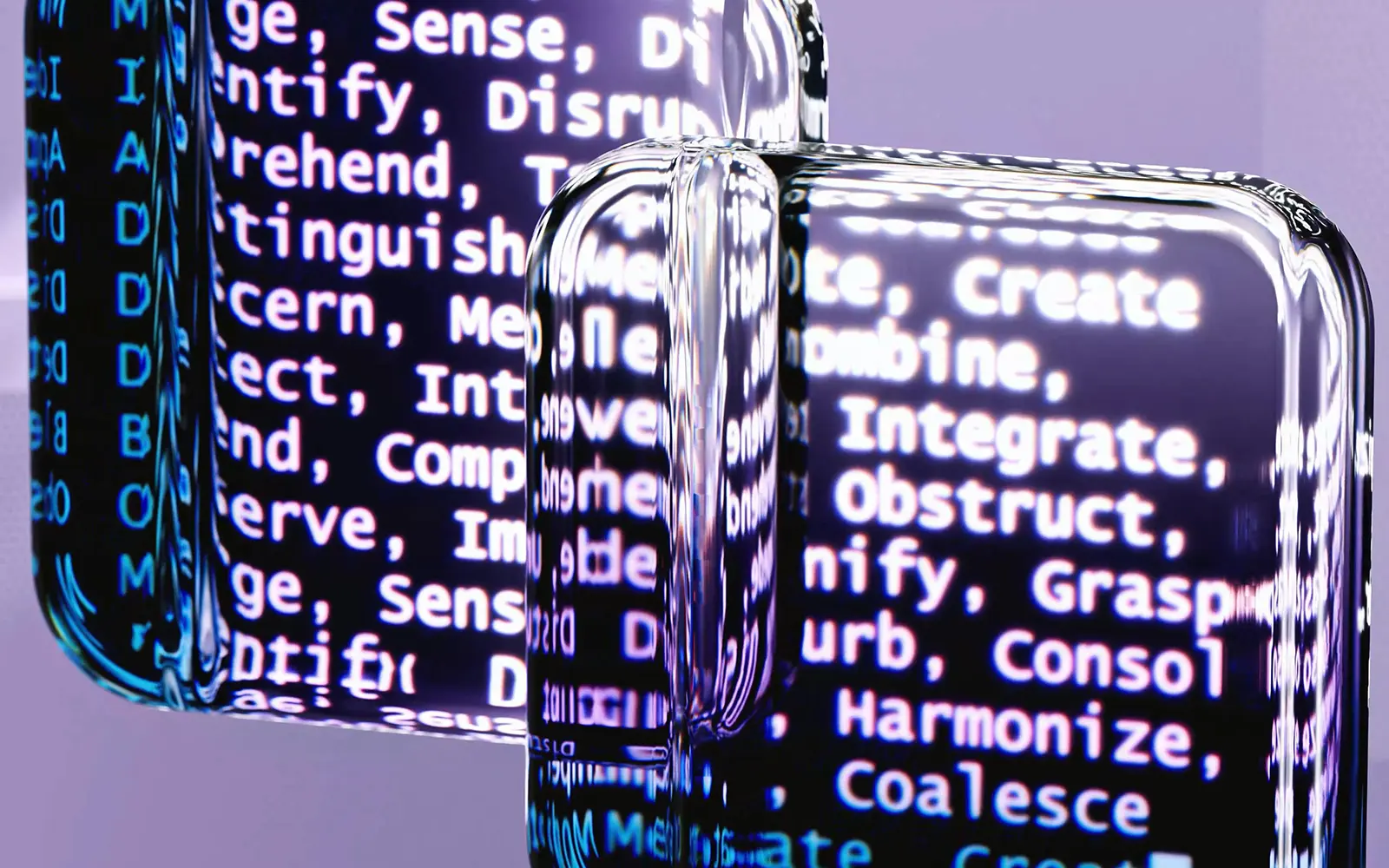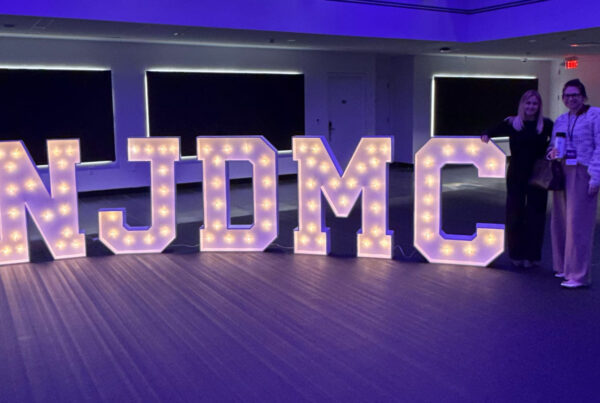 A little over a year ago, we published a blog on Web 3.0 marketing and the trends that were still on the horizon. While Web 3.0 didn’t achieve the widespread adoption many had anticipated, one of its components, artificial intelligence (AI), has not only gained significant popularity but has also successfully integrated into nearly every industry. AI has been making waves for a few years, but no one could have predicted its profound effect on the marketing industry. We explore how AI has transformed the marketing landscape in just a few short years, revolutionizing marketers’ daily duties when it comes to data analytics, bandwidth, and ideation.
A little over a year ago, we published a blog on Web 3.0 marketing and the trends that were still on the horizon. While Web 3.0 didn’t achieve the widespread adoption many had anticipated, one of its components, artificial intelligence (AI), has not only gained significant popularity but has also successfully integrated into nearly every industry. AI has been making waves for a few years, but no one could have predicted its profound effect on the marketing industry. We explore how AI has transformed the marketing landscape in just a few short years, revolutionizing marketers’ daily duties when it comes to data analytics, bandwidth, and ideation.
Data Analytics
One of the more challenging aspects of marketing is that not all tactics perform the same for each client. For instance, a social media campaign may produce compelling ROI for a client in one field while failing to deliver those same results for another. That’s why marketers rely on data analytics to determine the best strategies for clients. This is especially crucial for agency marketers handling clients in various industries.
In recent years, AI has enabled marketers to automate data reporting for accurate, streamlined insights into campaign performances across channels. It can provide insight into buyer behavior, customer reactions, and more, which all paint a clearer picture of what is working for a marketing campaign and what is not.
Bandwidth
Since marketing encompasses many different areas, bandwidth often becomes an issue. With AI capabilities, marketers can streamline and automate specific tasks to focus on projects requiring more creativity. For example, with AI, chatbots can be programmed to handle introductory inquiries via social media or websites. This helps make the customer feel like their needs are handled promptly and gives marketers the information they need to take over the conversation when they can.
Another example is campaign scheduling. Social media posts, pay-per-click ads, and email campaigns are marketing assets that can be scheduled in advance through AI integration platforms, such as Sprout Social, Klickly, and MailChimp. These programs can also outline the optimal times to publish their content by considering the popularity of all of their posts or campaigns during a given period and automating the process to ensure they are published at the right time to the right audience. This enhances the user experience and engagement of each post and takes a fraction of the time to determine versus if a marketing team were to analyze the optimal times manually.
Meta AI is another tool we’ll see more of in the coming months. Meta highlights its platform as an intelligent assistant capable of complex reasoning, following instructions, visualizing ideas, and more. It’s a one-stop shop for AI capabilities in one place, and we foresee marketers utilizing these offerings in the future. Meta Advantage is built upon its AI capabilities, focusing more on streamlining ad campaigns by using data to optimize audiences, creative, budgets, and more, making social advertising more efficient and saving marketers time and effort. Meta Advantage can streamline automated ad campaigns, generate predictive audiences, create content, simplify social advertising, and alleviate bandwidth stressors.
Ideation
While creativity can strike when you least expect it, programs like ChatGPT can now help support creativity and help push through tasks that can be much easier to surmount with an intelligent personal assistant. While some creators have pushed back on its advanced capabilities, AI technology aims to personally and professionally enhance the human experience rather than overtake it. Many designers have explored integrated AI tools to support their work; these tools include but are not limited to, ChatGPT, Google Gemini, Adobe AI, and Microsoft Office AI.
While some may be wary of AI advancements and fear its capabilities may replace the need for creatives, those who have been using the technology for some time find that the opposite is accurate, and in fact, AI is helping them hone in on their craft. The hard work in marketing is still done manually. Yet, repetitive and computational-style projects, such as data processing, analytics, etc., can be done with AI integration, thus unburdening marketers and designers and allowing them to get back to what they do best.
At Rizco, we’ve been working with AI integration to streamline our processes and continue to curate individualized and enhanced marketing campaigns for our clients across industries. The technology allows our team to prioritize client tasks, publish engaging content, and remain on the cusp of the latest trends in the marketing sector.
Interested in learning more about our areas of expertise? Check us out!


